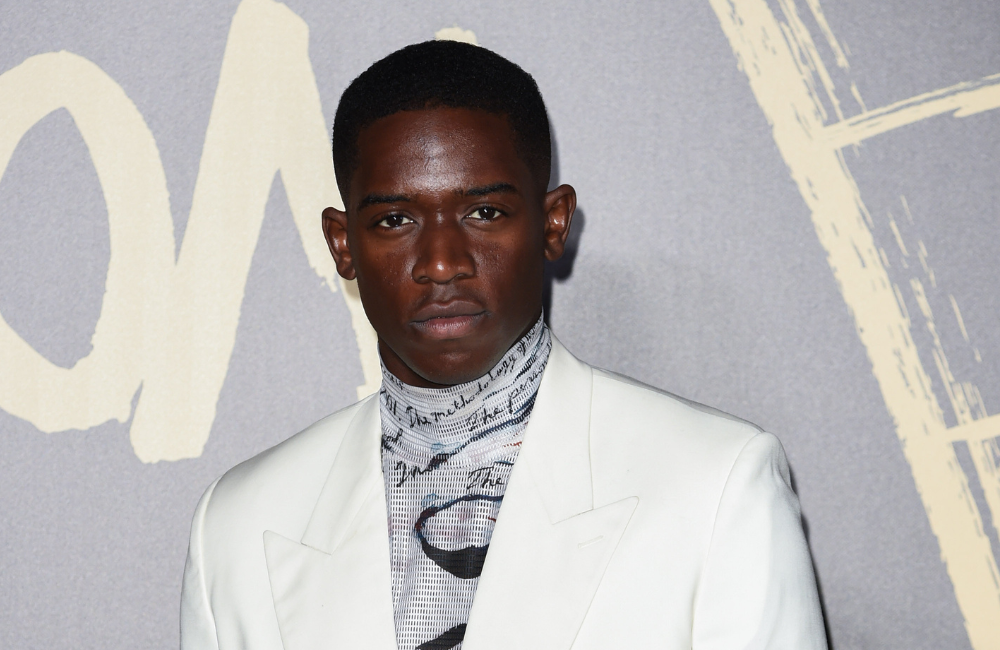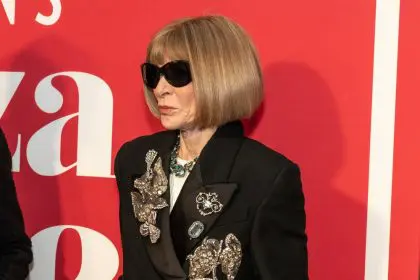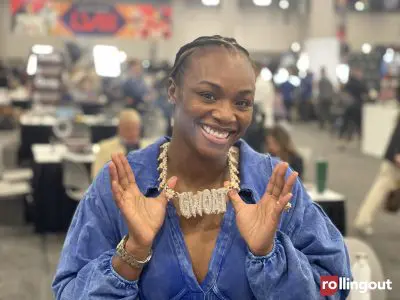Damson Idris has positioned himself as a formidable advocate against the increasing wave of online hatred targeting Black women, particularly from within the Black male community. The acclaimed actor’s pointed commentary has ignited meaningful discourse across social platforms, emphasizing the critical need for accountability, respect, and solidarity. His intervention comes at a time when digital spaces increasingly amplify hostile voices that undermine Black women’s experiences and testimonies.
The British-Nigerian actor’s willingness to directly confront this destructive pattern represents a significant departure from the silence that often surrounds such behavior. By leveraging his platform and influence, Idris demonstrates how male allies can effectively support Black women navigating hostile digital environments where their voices are frequently dismissed or attacked.
A turbulent media landscape
Recent high-profile cases have exposed the disturbing prevalence of misogynistic commentary directed at Black women in vulnerable situations. The past week’s media cycle has been dominated by Cassie Ventura‘s testimony in Sean “Diddy” Combs’ federal sex trafficking proceedings and revelations about Halle Bailey seeking legal protection from her child’s father, DDG, amid abuse allegations.
These serious matters have unfortunately triggered waves of dismissive and hostile responses across social platforms. A disturbing pattern has emerged wherein some Black male commentators reflexively categorize these women as dishonest opportunists rather than acknowledging their testimonies as potentially valid accounts of traumatic experiences. This reaction speaks to deeper issues of gender dynamics and the devaluation of Black women’s voices when speaking about personal harm.
The resonance of responsibility
Idris’s powerful statements from earlier this year have resurfaced amid these controversies, finding renewed relevance and impact. His frustration manifested in a forthright social media post where he addressed the problem of unprovoked hatred towards Black women today by predominantly grown Black men, especially towards young stars simply trying to do their thing.
The actor delved deeper into the psychology behind such behavior, identifying how some men’s need to diminish women stems from misguided notions of masculinity. Idris challenged this destructive mindset by declaring that such actions actually undermine claims to manhood rather than reinforcing them. His message established a clear moral boundary while calling for fundamental change in how Black men engage with and perceive Black women in both public discourse and private interaction.
Damson idris via ig
“I SEE SO MUCH UNPROVOKED HATRED TOWARDS BLACK WOMEN TODAY BY PREDOMINANTLY GROWN BLACK MEN ESPECIALLY TOWARDS OUR YOUNG STARS THAT ARE JUST TRYING TO DO THEIR THING. THE COMPULSION TO HUMBLE THESE WOMEN PERHAPS FEEL LIKE MORE OF A MAN I PROMISE YOU. YOU… pic.twitter.com/V4hpQgqUqV
— LOVE (@LoveIsback24) May 15, 2025
Community embraces the message
The public response to Idris‘s intervention has been overwhelmingly supportive, with numerous social media users praising his courage in addressing a difficult subject that many prefer to ignore. One commenter articulated that women – Black women especially – are not safe in this world and never were safe, that they are supposed to endure but not overcome, while acknowledging Idris for being one of few who stood up for them.
Another enthusiastic supporter emphasized that Damson Idris is a real one for this. The widespread positive reception indicates a growing acknowledgment that male voices are essential in challenging misogynistic behavior within their own communities. This solidarity represents a crucial step toward creating more equitable and respectful interactions in both digital and physical spaces.
Internal accountability as communal strength
Idris’s commentary serves as a powerful reminder that meaningful progress requires internal accountability within communities. For Black men specifically, recognizing how their words and actions can either uplift or damage Black women is an essential aspect of communal responsibility. Black women face intersectional challenges that combine racial and gender discrimination, creating unique vulnerabilities that require particular sensitivity and support.
By promoting a culture of accountability where harmful behaviors are confronted rather than normalized, communities can develop stronger internal bonds and more effectively address external challenges. Idris models how influential figures can contribute to this process by refusing to remain silent when witnessing destructive patterns within their own communities.
Moving forward with collective purpose
The actor’s courageous stance against online hatred directed at Black women represents more than a momentary statement—it embodies a crucial call to sustained action. His intervention encourages a fundamental shift in community dynamics, challenging Black men to position themselves as steadfast allies rather than critics or detractors of women’s experiences.
As society navigates increasingly complex discussions around gender, race, and representation, maintaining principles of respect and dignity becomes paramount. The ongoing struggle against misogyny requires persistent effort, but voices like Idris’s provide essential leadership by demonstrating how men can effectively champion women’s dignity and right to be heard.
Through continued dialogue, accountability, and solidarity, communities can cultivate environments where all members are valued and protected. Damson Idris has shown that embracing responsibility for addressing harmful behaviors within one’s own community is not just morally necessary—it’s an essential component of genuine progress toward a more equitable society.

















